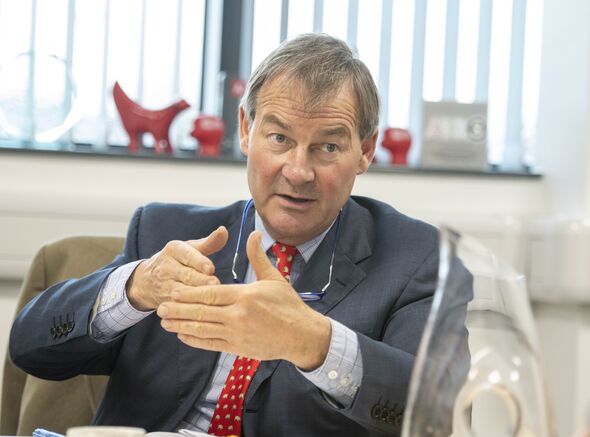The Impact of Rupert Lowe on British Football and Beyond

Introduction
Rupert Lowe is a prominent figure in British football, known for his notable contributions to sports administration and management. His involvement in the football community has not only shaped club operations but has also influenced broader discussions around sports governance, making it essential to recognize his impact as the football landscape continues to evolve.
Background and Career
Born in 1963, Rupert Lowe embarked on a career that would intertwine with British football when he became the chairman of Southampton Football Club in 2001. Under his leadership, the club faced both challenges and successes in the Premier League. His tenure included pivotal decisions such as developing youth academies and engaging with fans, fostering a more inclusive and dynamic football culture.
Key Events during His Tenure
One of the most significant events during Lowe’s time at Southampton was the controversial sacking of manager Gordon Strachan in 2004, which stirred considerable debate among fans and pundits alike. However, Lowe’s tenure also included achievements, such as guiding the club to the FA Cup final in 2003, thus reinforcing Southampton’s position in English football.
After stepping down from his role with Southampton in 2006, Rupert Lowe continued to remain active in the footballing community. He was involved in various initiatives aimed at improving governance and accountability within clubs and in the management conferences where he shared his insights. This included advocating for sustainable practices in football, reflecting his belief in long-term planning for clubs rather than short-term gains.
Current Relevance and Future Outlook
In recent times, Rupert Lowe has remained a prominent voice regarding football reforms and financial fair play, emphasizing the importance of transparency in club finances and operations. As the football community continues to grapple with financial turmoil exacerbated by the pandemic, Lowe’s perspective on governance is increasingly relevant. His foresight in club management is echoed by current discussions around how football should adapt both financially and operationally in these changing times.
Conclusion
Rupert Lowe’s influence on British football is evolving, as he continues to contribute to discussions on governance and management in sports. His experiences and insights provide valuable lessons for both current and future leaders in football, underscoring the importance of sustainable practices and accountability. For those interested in the future direction of football governance, Rupert Lowe remains a pivotal figure to watch as the sport navigates new challenges in an ever-changing landscape.









